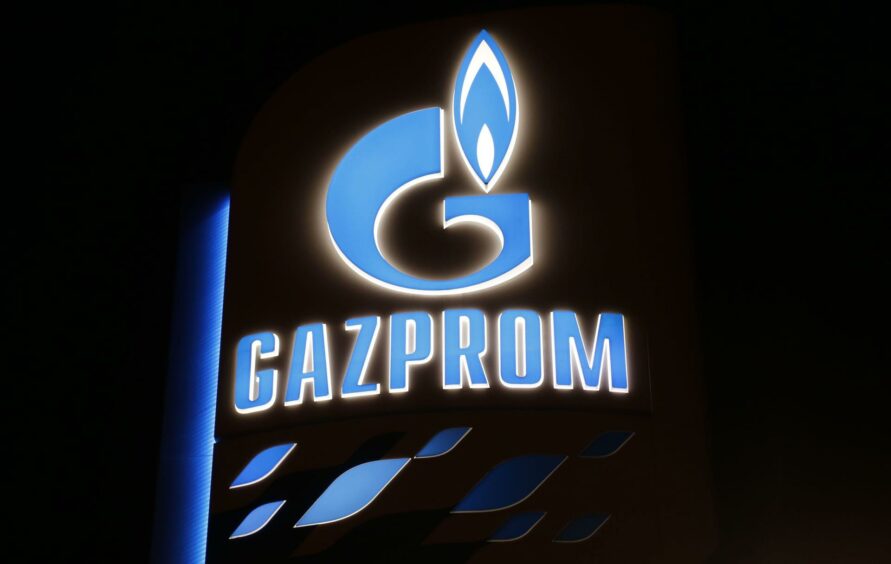
European energy prices plunged on signs that the region is stepping up efforts to curb a crisis that threatens to tip the region into recession with winter approaching.
German power for next year settled 20% lower, and Dutch natural gas fell as much as 11%. Both benchmark contracts extended losses from Monday, after surging to records last week.
Prices have been extremely volatile in recent days amid thin trading and much uncertainty. Russia’s Gazprom PJSC plans to shut the Nord Stream pipeline to Germany for three days of maintenance beginning Wednesday.
The European Union is preparing to intervene in the short term to dampen soaring power costs, which have fueled inflation and increased the risks of a recession. Meanwhile, storage sites in the region are filling fast, bringing some relief and raising the chances Europe will get through the winter with ample supply.
The European Union’s power price-setting system is no longer functioning properly and requires changes after Russian President Vladimir Putin turned energy into a weapon, according to Commission President Ursula von der Leyen.
“Any action which caps power prices will limit the profitability of burning gas for power generation, which could possibly feed through to lower gas demand,” said Warren Patterson, ING Groep NV’s head of commodities strategy, in a report on Tuesday. “Given the uncertainty and limited liquidity in the market, prices are likely to remain trading at elevated levels with a large amount of volatility.”
The Spanish government will propose that the EU apply the same price cap system that it is using, Spanish newspaper El Pais reported. Spain’s top energy official, Teresa Ribera, will make the proposal to uncouple gas from the wholesale electricity market at a Sept. 9 meeting with EU energy ministers. Ribera will also propose limiting the price paid for CO2 emissions, according to the paper.
Emergency EU Plan to Tame Power Prices Will Take Weeks to Devise
French utility Engie SA said Gazprom will curb supplies starting Tuesday “due to a disagreement between the parties on the application of some contracts.”
And a pivot in liquefied natural gas flows toward Asia is seen as increasingly possible as top importers in Japan and South Korea jump into the spot market to refill inventories, driving Asian LNG prices to another five-month high. Europe competes with Asia for LNG.
German next-year power closed at 610 euros per megawatt-hour, an extreme drop from the record 1,050 euros reached in intraday trading on Monday.
Dutch front-month gas settled 7.2% lower at 253 euros per megawatt-hour. The contract settled at record high levels last week.
Recommended for you
